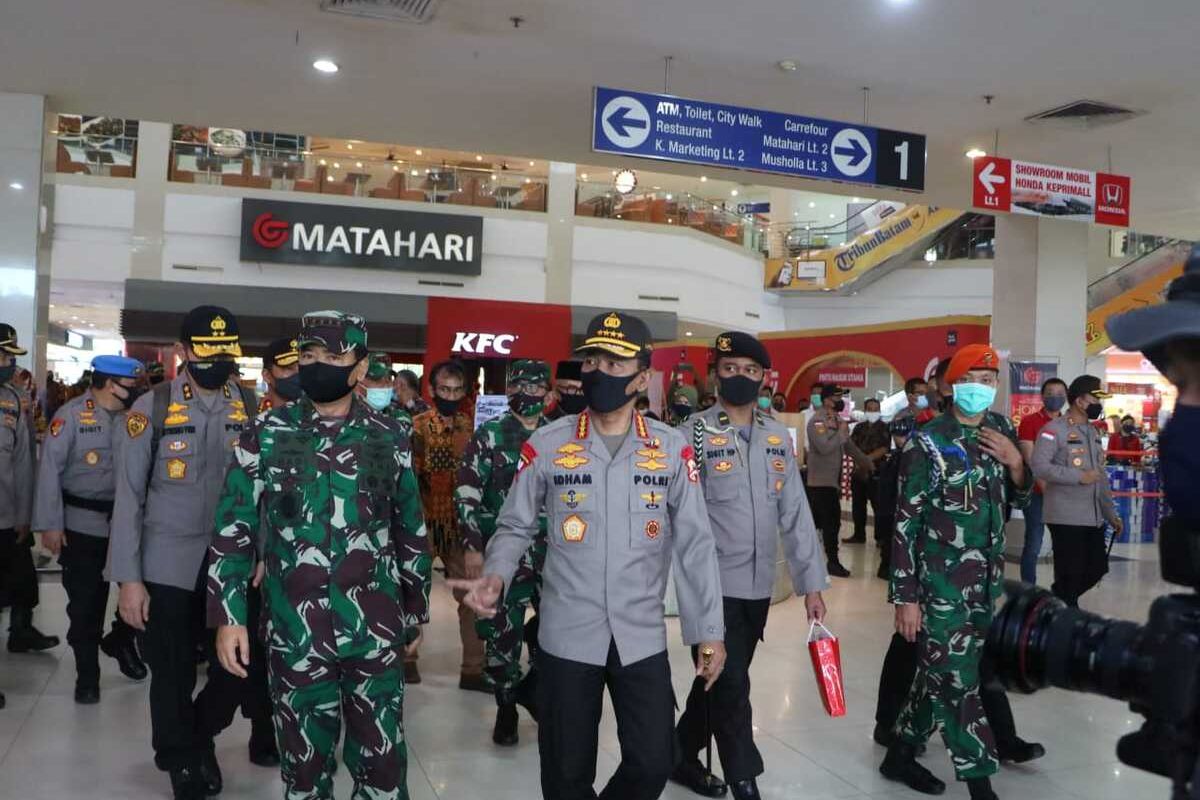Complying with Health Protocols in Indonesia: No Easy Task

As Indonesians are resurfacing from about three-month-long large-scale social restrictions, everyone has their own opinion about the new normal in the time of coronavirus. From discussions in their own family to social media and news coverage, there is a mix of the pros and cons.
The large-scale social restrictions, or locally known as PSBB, began in March following the country’s first two cases in Depok on the outskirts of the country’s capital of Jakarta. The decision was made by the central government to contain the COVID-19 from spreading. The regional and local administrations throughout Indonesia then followed suit, leading to restrictions on people’s movement and public gatherings.
Several governors, mostly in Java Provinces, have extended the PSBB to ensure the well-being of their residents. Taking an example, Jakarta -- home to around 12 million people -- had to extend it for three times since April.
And now people are in the transition period after the PSBB. With the country begins easing the large-scale social restrictions, some commercial buildings and business establishments have slowly started to open.
Also read: 100 Days of Coronavirus in Indonesia: Lessons and Good News
Next week, most likely more people will return to their workstations, and cafe and restaurant chairs will probably no longer overturned on top of tables.
West Java Province Governor Ridwan Kamil required the commercial building owners, including malls, to abide by rules. New restrictions were imposed such as capping them at 50 percent capacity and requiring health protocols in the building premises.
Jakarta Province Governor Anies Baswedan has inspected several public places and tourist destinations to get a closer look at their preparations before they can resume operations soon.
The people in Indonesia’s second-largest city of Surabaya are also entering a transition period for the next two weeks. The city’s Mayor Tri Rismaharini urged the residents to be more disciplined in complying with the health protocols after PSBB came to an end.
“We should not be careless and reckless,” Risma said recently. She said the residents should not make into the thinking that they are free from the threat of the COVID-19 as the pandemic is not over. Risma was grateful that the PSBB enforcement in Surabaya had ended.
Also read: Bali Tourism Remains Closed Amid Pandemic
While businesses are slowly back on, Banten Governor Wahidin Hakim is worrying that the COVID-19 cases will increase in days ahead. Wahidin said that during the transition period violations against health protocols remain.
Many are still not complying with health protocols by ignoring social distancing such as in Rangkasbitung Train Station, where it is surrounded by traditional markets and business entities.
He said that violations persist because the measures of handling the coronavirus are often changed.
“The pattern often changes and lack of coordination with other regions and I think this is not effective,” said Wahidin.































